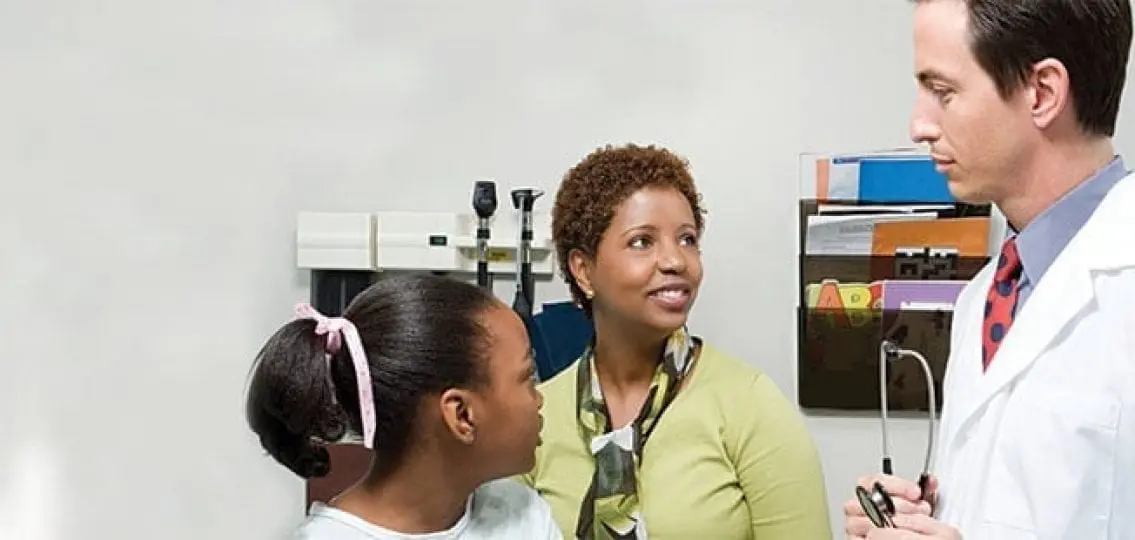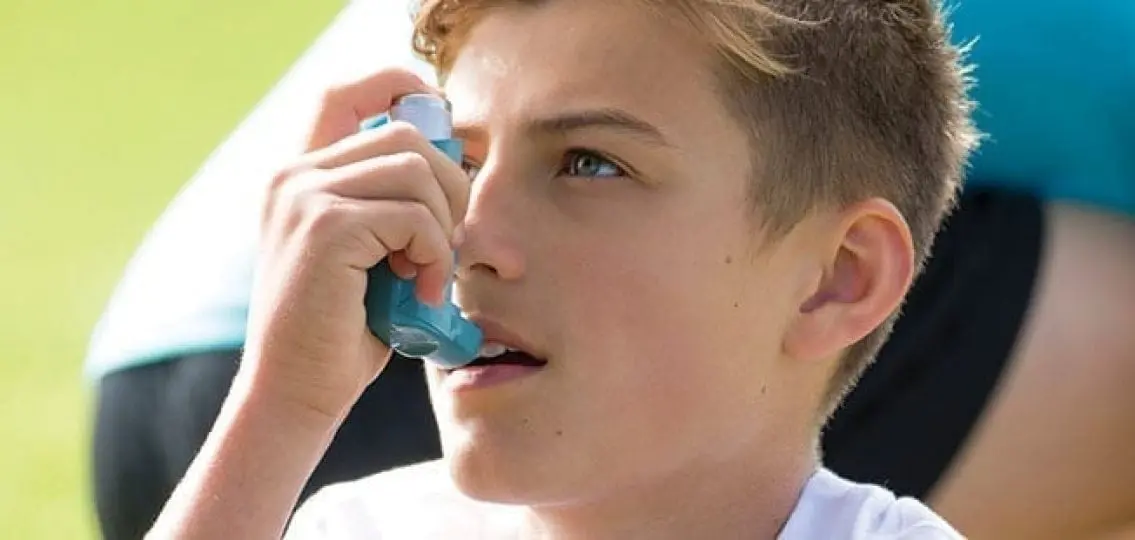Some teens and kids live with chronic health conditions ranging from asthma to cerebral palsy. When should teenagers begin to manage their own health? How do you know when they’re ready? We posed these questions to Dr. Terrill D. Bravender, Jr, professor of adolescent medicine, pediatrics, and psychiatry at C.S. Mott Children’s Hospital at the University of Michigan.

Q: What is a chronic health condition?
Bravender: A chronic condition can describe a whole host of health issues, from something which only requires attention on a couple of occasions a year (like minor asthma) to something very dramatic with serious complications, such as cerebral palsy or a cancer diagnosis. Caring for each chronic condition, like caring for each child, is going to be unique. Two kids with the same condition may be completely different—as one may be very self-sufficient, and the other may need more help to manage it.
Q: How much should a child know about their condition?
Bravender: Any time a child is ill, tell them what is going on with their body. These conversations should begin as early as possible. If they need medicine for an illness, even something as simple as a cold, tell them what is happening to their body, what the medicine you’re giving them is for, and why. They should be aware of their condition and the importance of ongoing care, but knowing all the possible long-term concerns down the road simply doesn’t have a lot of immediacy to teens.
My emphasis is always on how they are going to feel today. If I have a patient with diabetes, I’ll talk about how they are going to feel generally lousy if they don’t take their insulin. If sports is something that is important to them, I’ll tell them they will experience fatigue and not perform their best if their blood sugar is poorly controlled.
Q: What is the right age to expect a teen to be able to manage their condition?
Bravender: Adolescence is not going to happen at the same age for every child. But by age 13-15, your son or daughter should take on significant responsibility for their own health care. We can do a more formal assessment in a doctor’s office to determine when to begin transitioning care from parental control to the teen.
There is a fantastic website called gottransition.org, which is a program run by the Maternal and Child Health Bureau and The National Alliance to Advance Adolescent Health. It has assessment questionnaires to evaluate when a teen is ready to transition to becoming responsible for self-care, as well as recommendations and strategies for families.
Q: What role should parents have?
Bravender: A teen’s response to taking care of his own health can run anywhere from not wanting to deal with it at all to wanting complete control. Similarly, we have some of the same issues with parents. It’s about finding a balance that everyone can agree on. Some days a teen may be very conscientious, and some days they may not. It’s important to remember this is not an all-or-nothing phenomenon. Parents should check in to offer support and encouragement without being judgmental if a teen is not as consistent as they should be. You want to have a problem-solving approach instead of one where you get frustrated and blame the teen. And remember, this is a learning process. It’s not going to be mastered in a few days.
Q: How can parents help without taking over?
Bravender: Parents can help a teen have reminders and a support system in place. Most teens have a phone, and it’s pretty easy to program a reminder alarm onto your child’s phone to tell them when to take their medications. You don’t want teens to feel that they’re going to get into trouble, but parents can emphasize that the more you do for yourself, the less you have to rely on us.

Q: What advice do you have for parents about transitioning care?
Bravender: At some point, you have to let your kid manage this. It’s a positive thing that you have a good knowledge of your child’s condition and the ability to help them manage it. But at some point you have to ask: How long can I do this? You need to have a transition plan, and the earlier the better. It’s better to have this learning process happen while they are still at home living with you, than at college or when they’re on their own with no support.




